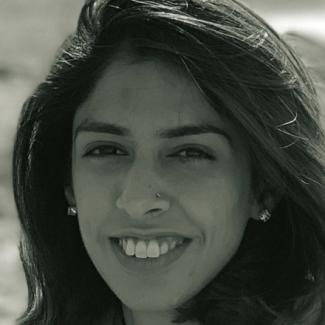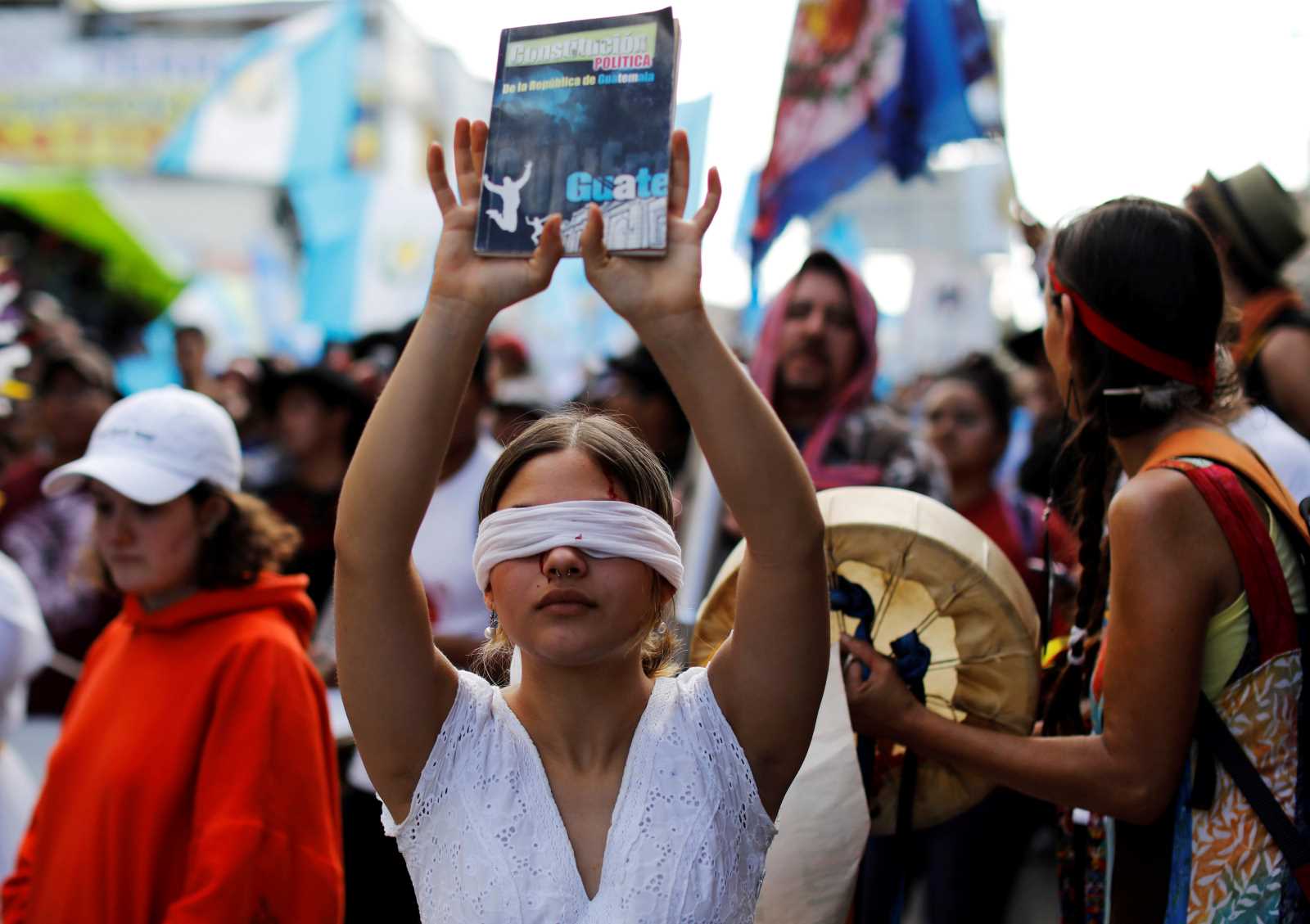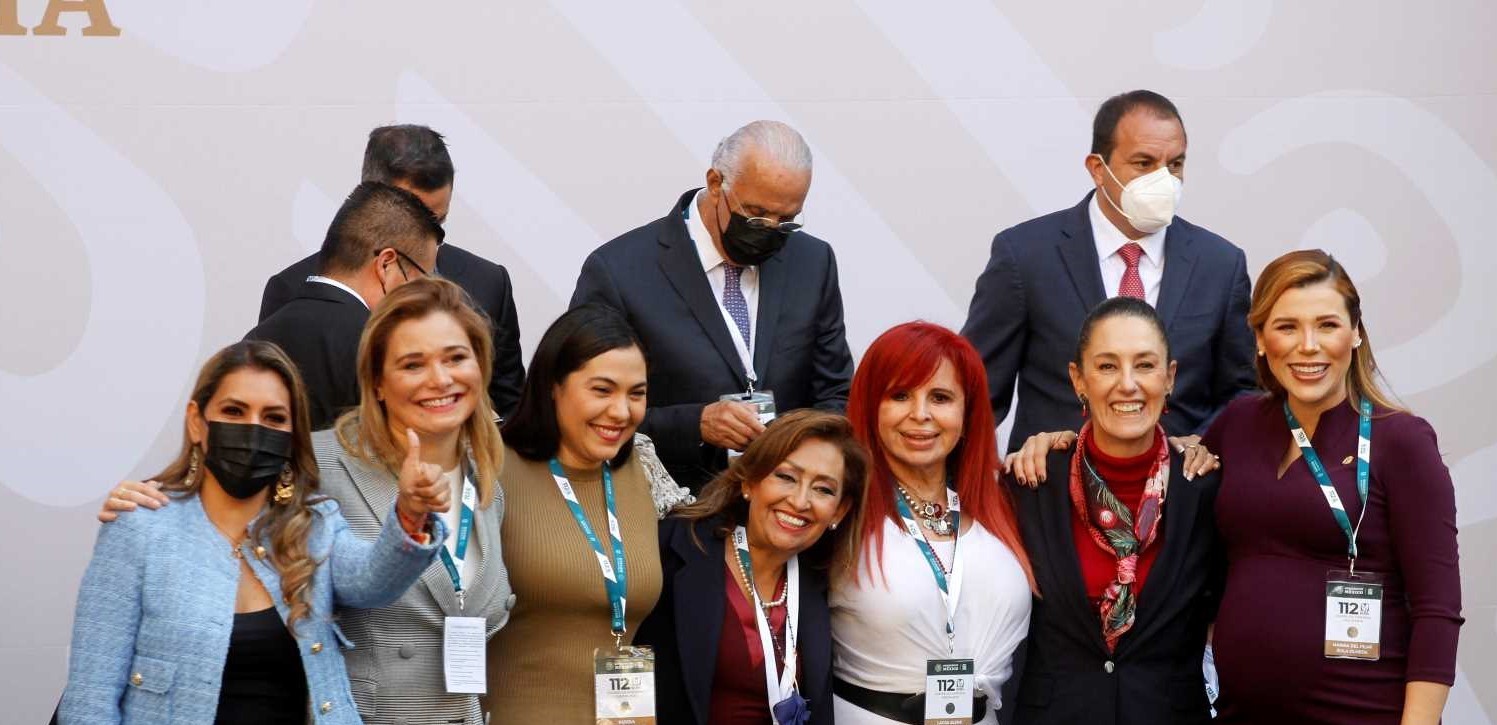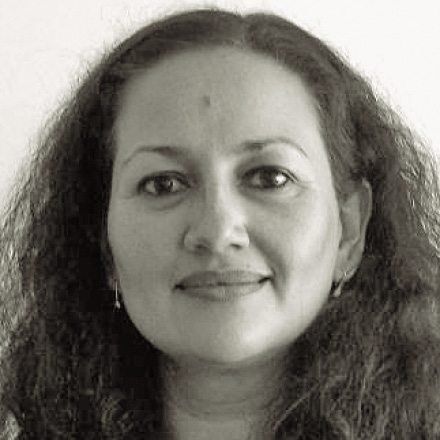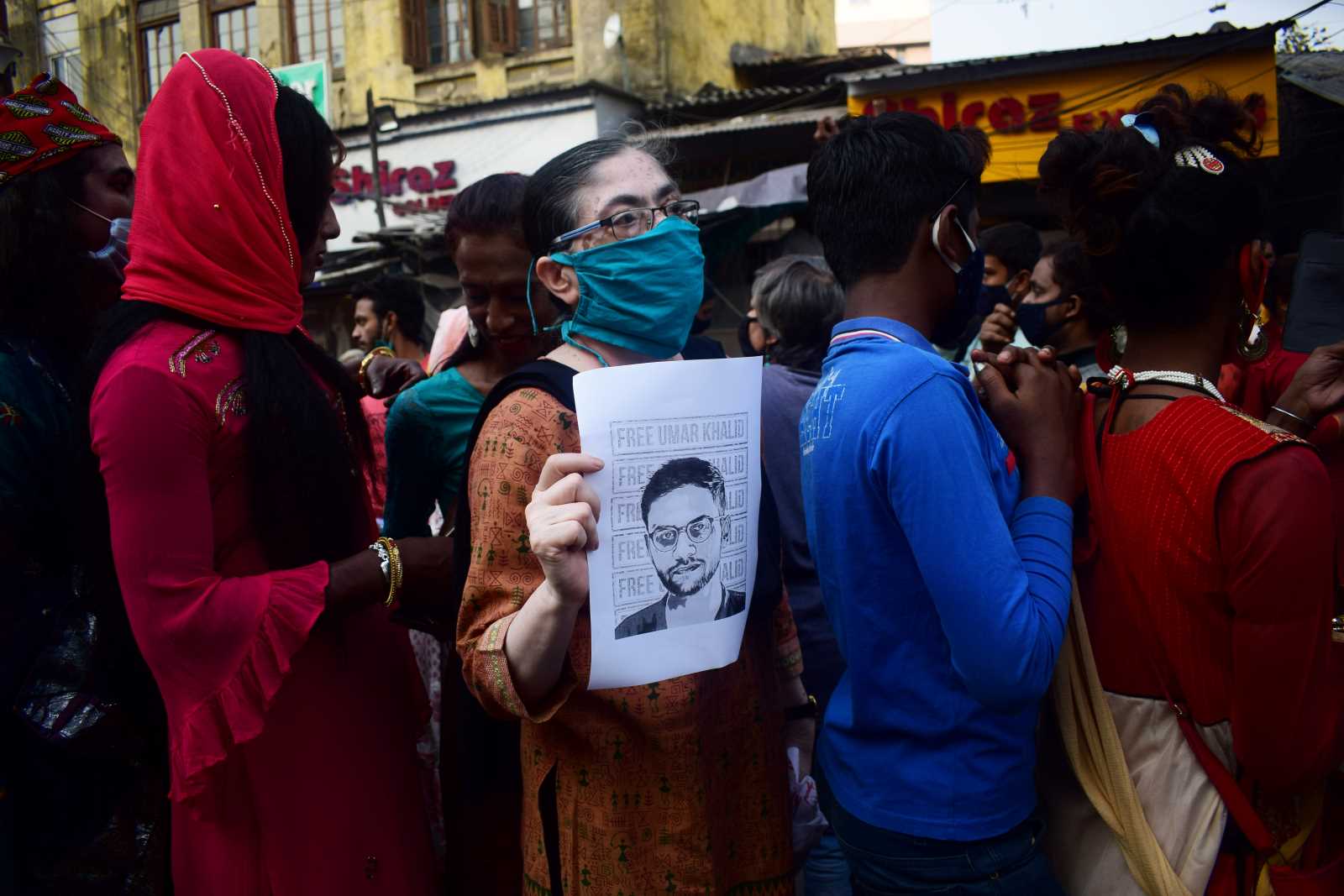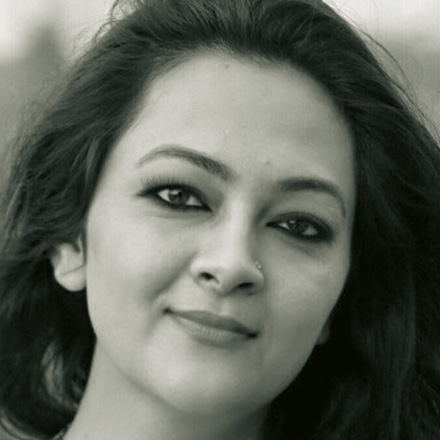Religious totalitarianism
Iran’s protests resonate around the world
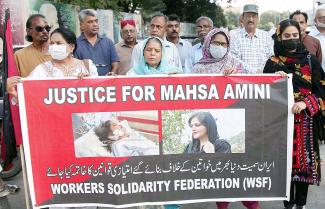
Women are at the forefront of the protests in Iran. Some even speak of “a new revolution”. The rebellion against the fundamentalist Shia regime has generated global reactions. People across the world are expressing solidary – as well as concern for victims of repression.
In Pakistan, for instance, women were among the first to speak up when the protests started in September after Mahsa Amini, a young woman, had died in police custody. She was arrested for not wearing her hijab as demanded by Iran’s fundamentalist law. In Pakistan, female lawyers, legislators, civil-society activists and scholars were appalled. Some of us accuse Iran of smearing the name of Islam. Others oppose the violation of women’s rights. The violence perpetrated by Tehran’s totalitarian regime is troubling, and Pakistani women are now praying for the safety of Iran’s people.
In Pakistan, most people are Sunnis, while the Shia constitute the majority in Iran. However, the outpour of concern in Pakistan is unanimous, involving followers of every version of the Islamic faith. We are impressed by the strength and courage of Iranians and disgusted by brutal repression. According to media reports, some 500 persons had been killed in Iran by mid-December. The government has even executed two young men after ridiculously short court trials.
Restricting basic rights in the name of religion, culture and tradition
Iran’s Mahsa Amini protests concern several different issues. One is the freedom of expression and press. Another is the freedom of assembly. Yet another is the basic right of women to bodily autonomy and mobility. Rhetoric guised in religion, culture and tradition is used in many places to enforce restrictive, patriarchal notions. Typically, they force women to dress in a particular way and limit their access to public spaces.
Things are especially harsh where these supposed “values” are codified into law, as is the case in Iran. Pakistani women who are old enough to remember the rule of military dictator Zia ul Haq from 1977 to 1988 know what it is like when an authoritarian government disrespects civil rights and abuses human rights. Zia used his orthodox Sunni ideology to hound dissidents. Today, things are particularly bad in Afghanistan, with girls and young women being denied access to education.
For obvious reasons, the protest movement in Iran matters particularly to women in predominantly Muslim countries. At the same time, many of us are uncomfortable with expressions of support emanating from western countries which have a pattern of looking down on women who wear hijab. In France, the government legally restricts its use. We want freedom – and it means that we decide where we want to go and what we want to wear.
Muslim women, moreover, are tired of being pitied as victims of repressive traditions. We know that things are not perfect in the west either. We took note of the #MeToo movement. We know that courts in various western countries often err away from convicting perpetrators of sexual violence if a judge feels that the victim was dressed “provocatively”. It is obvious, moreover, that conservative Christians in the USA and other western countries are keen on restricting abortion rights. In the USA, the most radical legislators now even want to limit access to contraceptives.
In early December, there were reports that the Iranian regime abolished the Gasht-e-Ershad (the morality police). Most likely, this was only a token concession without serious impact. The government later insisted that wearing hijab would stay a legal obligation. Photos from Iran, however, show that women increasingly opt for not wearing it. At considerable personal risk, they are insisting on their freedom.
The Mahsa Amini protests are a wake-up call not just for the state of Iran, but for governments across the world. It is high time that the world leaders move away from curbing individual agency based on gendered biases. Every woman everywhere is entitled to her fundamental rights.
Marva Khan is an assistant professor of law at LUMS (Lahore University of Management Sciences) and co-founder of the Pakistani Feminist Judgments Project.
marva.khan@lums.edu.pk
